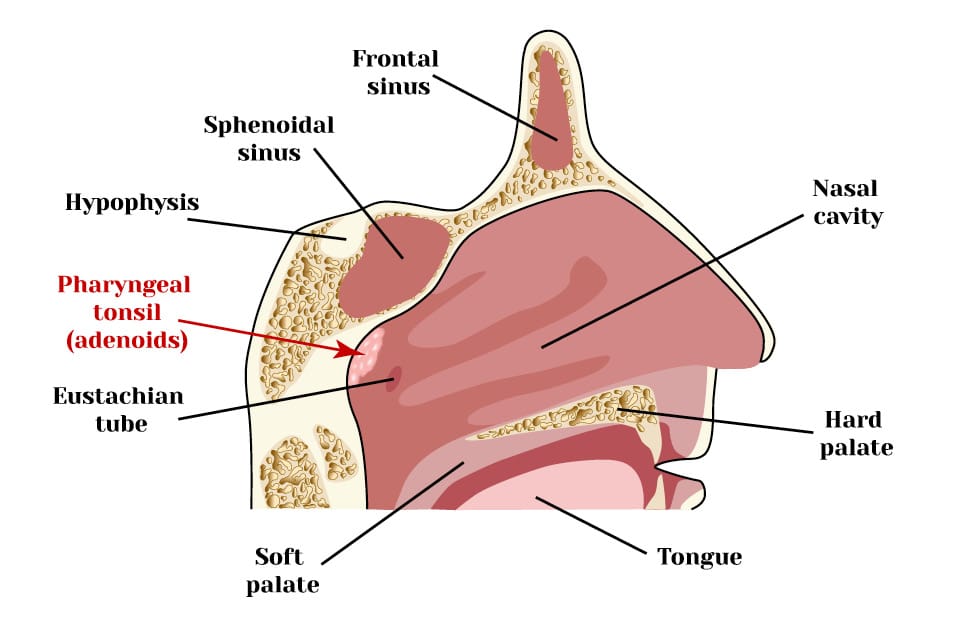What Is An Otolaryngologist (Ear, Nose & Throat Specialist)?
Otolaryngologists are MD or DO physicians that are trained in the medical and surgical treatment and management of diseases and disorders of the ear, nose, and throat, and related structures of the head and neck. Because of their specialized focus on the ear, nose, and throat, Otolaryngologists are often referred to as ENT Physicians or ENT Doctors. According to the American Academy of Otolaryngology, Otolaryngology is the oldest recognized medical specialty in the United States, dating back as far back as the 19th century.
 What disorders do Otolaryngologists treat?
What disorders do Otolaryngologists treat?
Otolaryngologists diagnose and manage diseases of the sinuses, voice box, mouth, and upper throat, as well as structures of the neck and face, including conditions of the ear and hearing loss, cancers of the head and neck, and sleep disorders. Otolaryngologists treat patients of all ages, from children to the elderly.
Ears
Approximately 12% of the U.S. population or 38 million Americans have a significant hearing loss, making it the most common disability in the United States. Otolaryngologists are uniquely trained in the medical and surgical treatment of hearing, ear infections, balance disorders, ear noise (tinnitus), nerve pain, and facial and cranial nerve disorders. Otolaryngologists also manage congenital (birth) disorders of the outer and inner ear.
Nose
There are estimated to be about 35 million people who develop chronic sinusitis (many weeks of inflammation or infection of the sinus cavities) each year, which makes it one of the most common health complaints in America, often responsible for months of unnecessary antibiotic use by the patient. Care of the nasal cavity and sinuses is one of the primary skills of otolaryngologists. While allergists are experts in treating the various manifestations of allergy (respiratory, skin, GI), no specialty has the advanced anatomic and medical knowledge of the nasal and sinus passages that an otolaryngologist has for treating these types of conditions. Most patients with serious chronic sinusitis or nasal polyps, for example, require a combination of surgical and medical therapy to fully resolve their condition.
Throat
Also specific to otolaryngologists is expertise in managing diseases of the larynx (voice box) including voice and swallowing disorders, as well as problems with the upper digestive tract or esophagus. Any patient who develops hoarseness that does not resolve after a period of 14 days should be evaluated by a physician.
Head and Neck
Otolaryngologists often treat disorders that are not tied directly to the ear, nose, and throat but rather to the structures of the head and neck. Some examples include the nerves that control the face, hearing, and smell. Otolaryngologists are trained to treat infectious diseases and other conditions of the head and neck area. These may include tumors, facial trauma, fractures, and deformities of the face. Otolaryngologists also treat and surgically remove cancers that occur in the head and neck. Finally, the need for reconstructive surgery on the head or neck due to birth defects, trauma, or simply for cosmetic purposes are reasons to seek the treatment and care of an otolaryngologist.
What are the 6 areas of expertise in the field of Otolaryngology
Otology/Neurotology: diseases of the ear, including trauma (injury), cancer, and nerve pathway disorders, which affect hearing and balance.
Examples: ear infection; swimmer’s ear; hearing loss; ear, face, or neck pain; dizziness, ringing in the ears (tinnitus).
Pediatric Otolaryngology: diseases in children with special ENT problems including recurring infections, breathing difficulties, snoring, hearing problems, lumps in the neck, birth defects in the head and neck, and developmental delays. Our practice treats children as young as newborns.
Examples: ear infection (otitis media), tonsil and adenoid infection, airway problems, Down’s syndrome, and allergy/sinus disease.
Head and Neck: cancerous and noncancerous tumors in the head and neck, including thyroglossal duct cysts, branchial cleft cysts, enlarged lymph nodes, as well as the thyroid, parotid, and parathyroid glands.
Examples: lump in the neck or thyroid, cancer of the voice box.
Rhinology: disorders of the nose and sinuses.
Examples: deviated septum, sinus disorder, chronic sinusitis, fungal sinusitis, persistent nose bleed, chronic stuffy nose, loss of smell.
Laryngology: disorders of the throat, including voice and swallowing problems.
Examples: sore throat, hoarseness, swallowing disorder, gastroesophageal reflux disease (GERD), laryngopharyngeal reflux (LPR).
Allergy: treatment by medication, immunotherapy (allergy shots), and/or avoidance of pollen, dust, mold, food, and other sensitivities that affect the ear, nose, and throat. Our practice does not do allergy shots as we prefer to work closely with allergists.
Examples: hay fever, seasonal and perennial rhinitis, chronic sinusitis, laryngitis, sore throat, otitis media, dizziness.
Why see an Otolaryngologist?
One important reason to see an otolaryngologist is that they are trained in both medicine and surgery to manage the full range of problems in the anatomic area of the head and neck; however, they do not typically treat neurologic (brain and nervous system), ophthalmologic (eye) or spinal problems. To qualify to become Board Certified as an otolaryngologist, an applicant must first complete college, medical school (4 years), and at least 5 years of specialty training. The physician must also pass certifying examinations through the American Board of Otolaryngology or the American Osteopathic Board of Otolaryngology. Therefore, they are the most appropriate physicians to treat disorders of the ears, nose, throat, and related structures of the head and neck.



